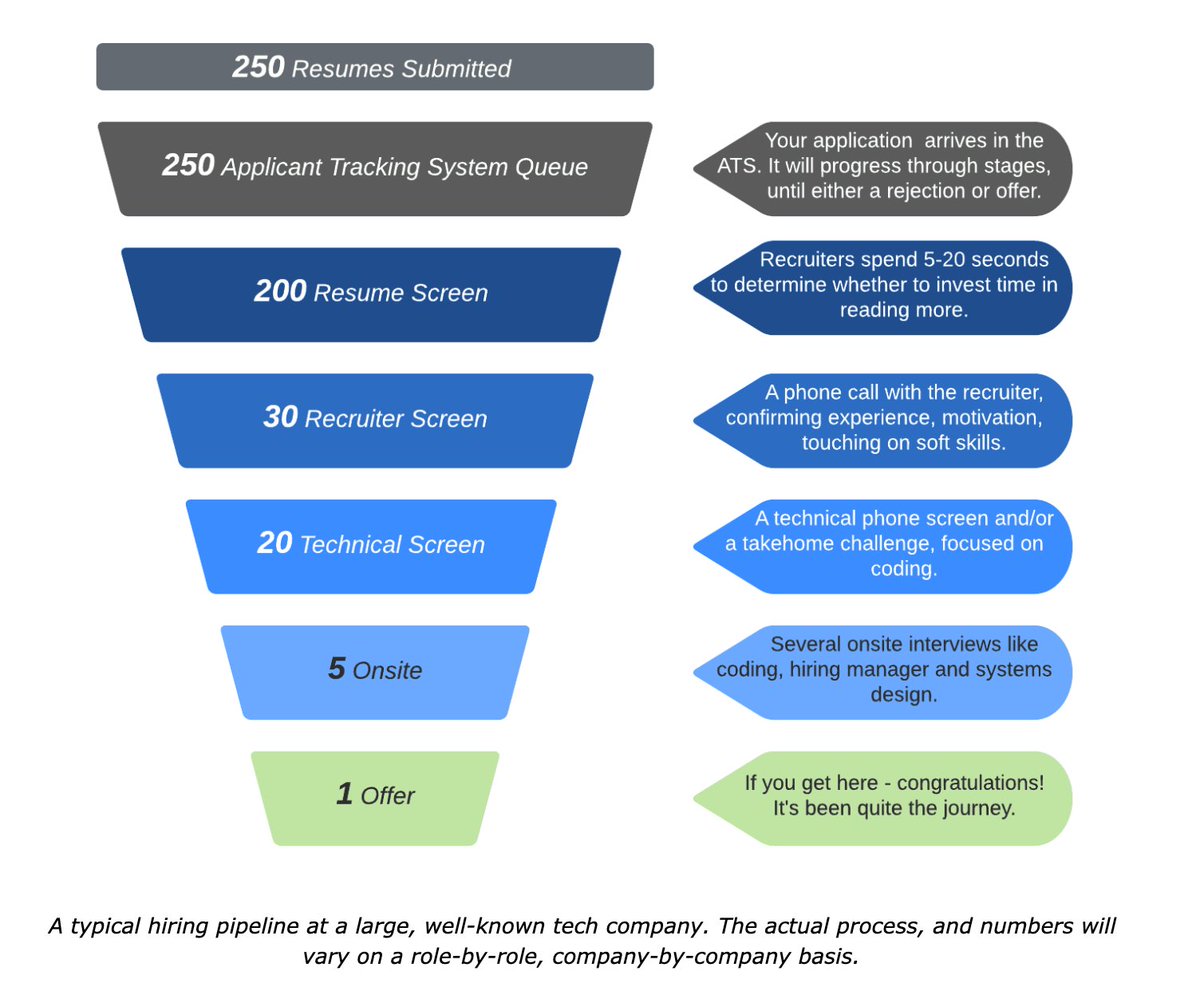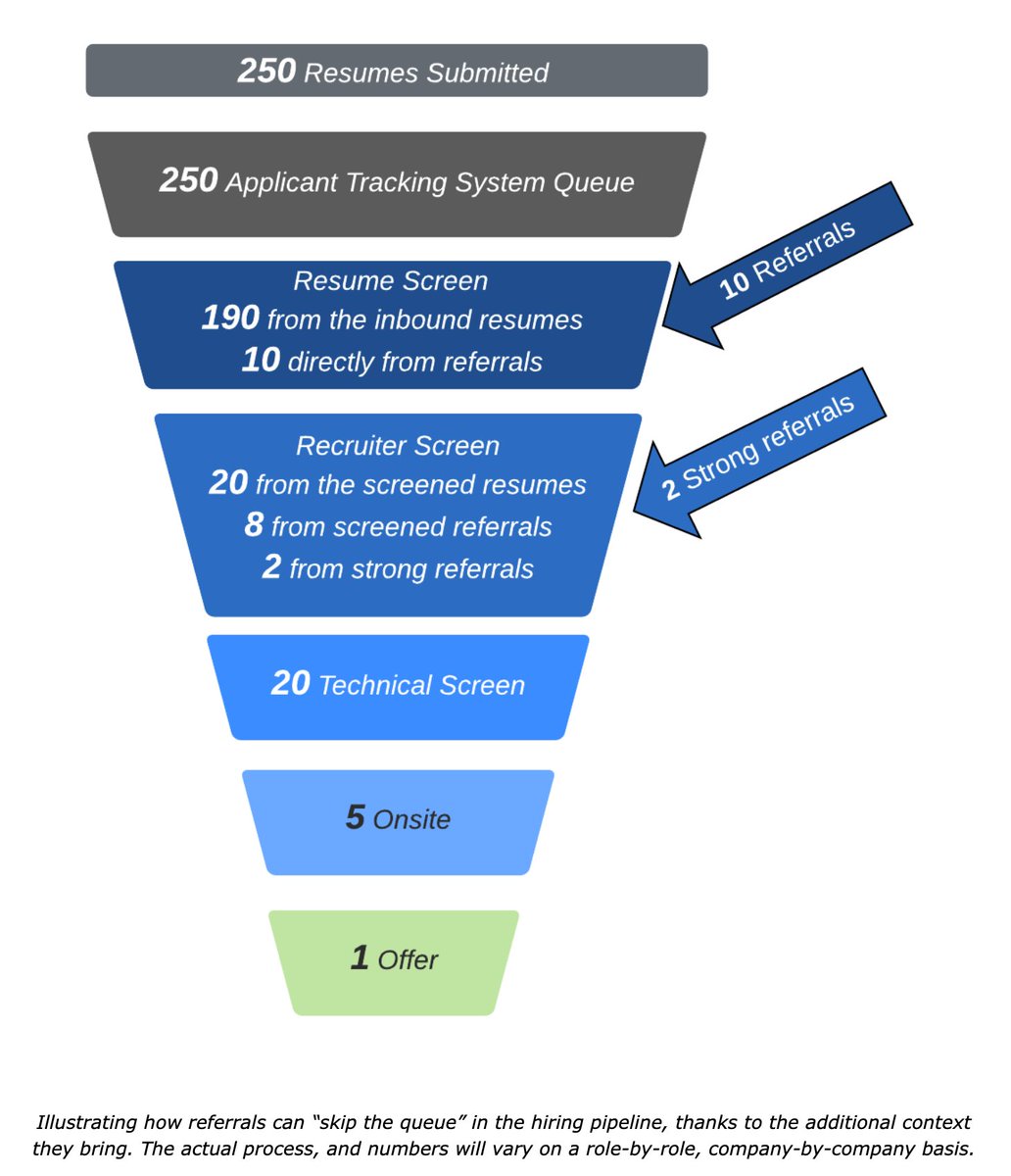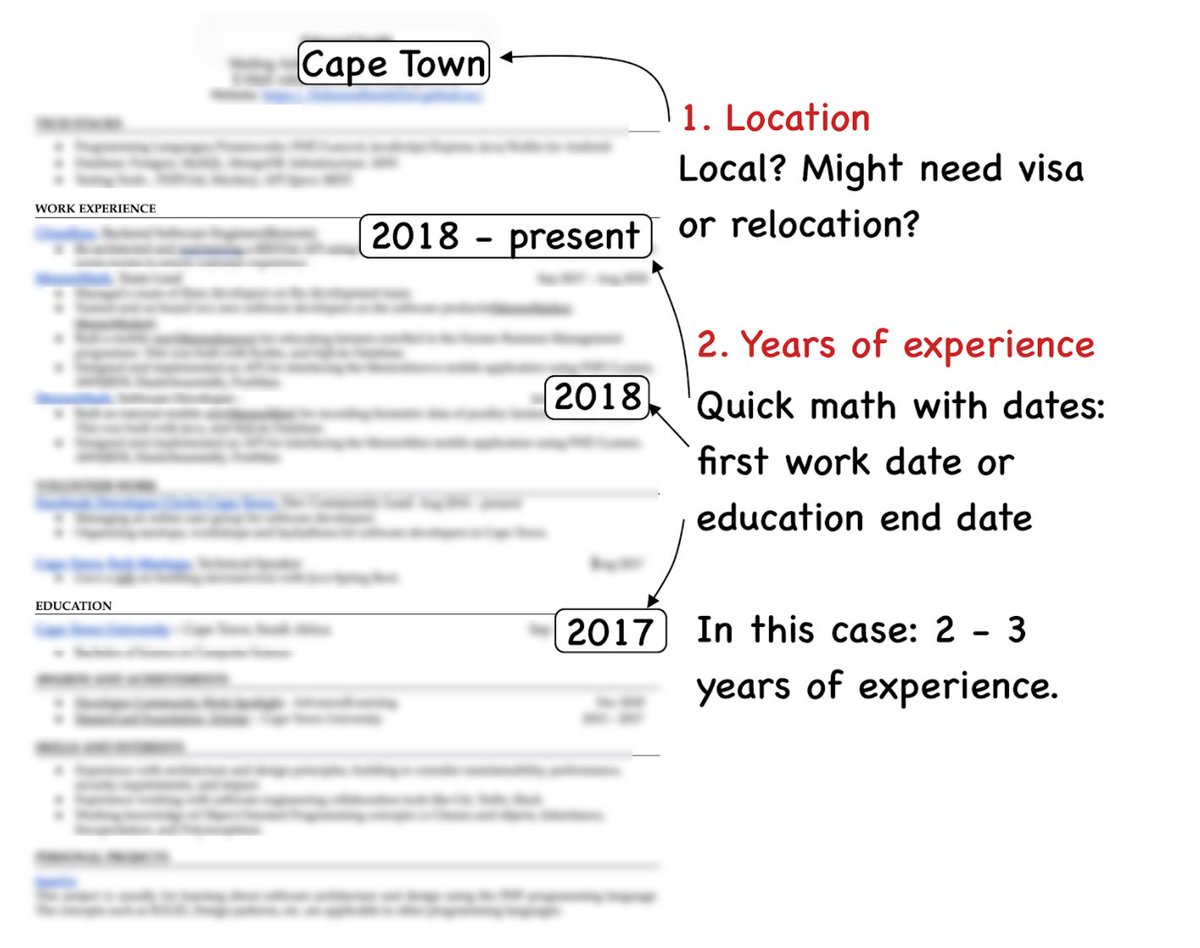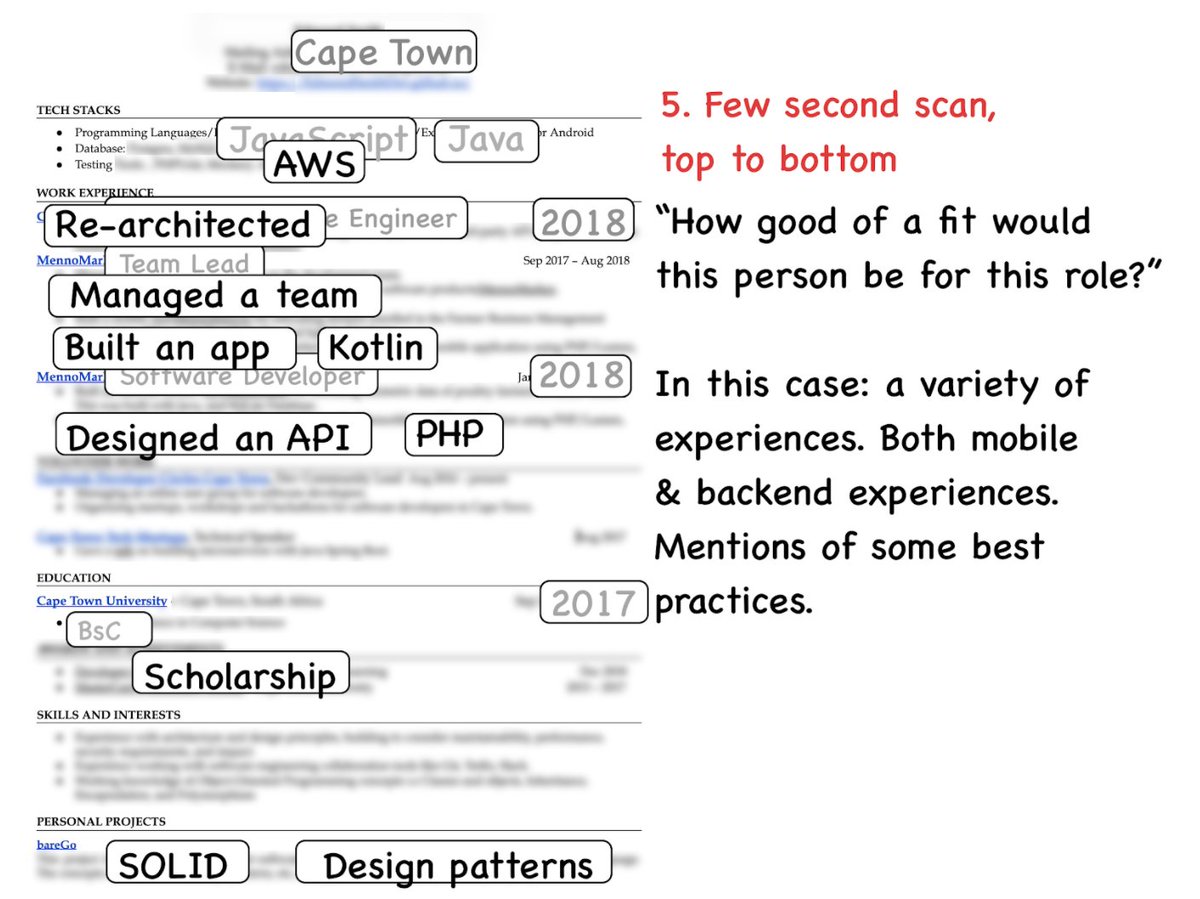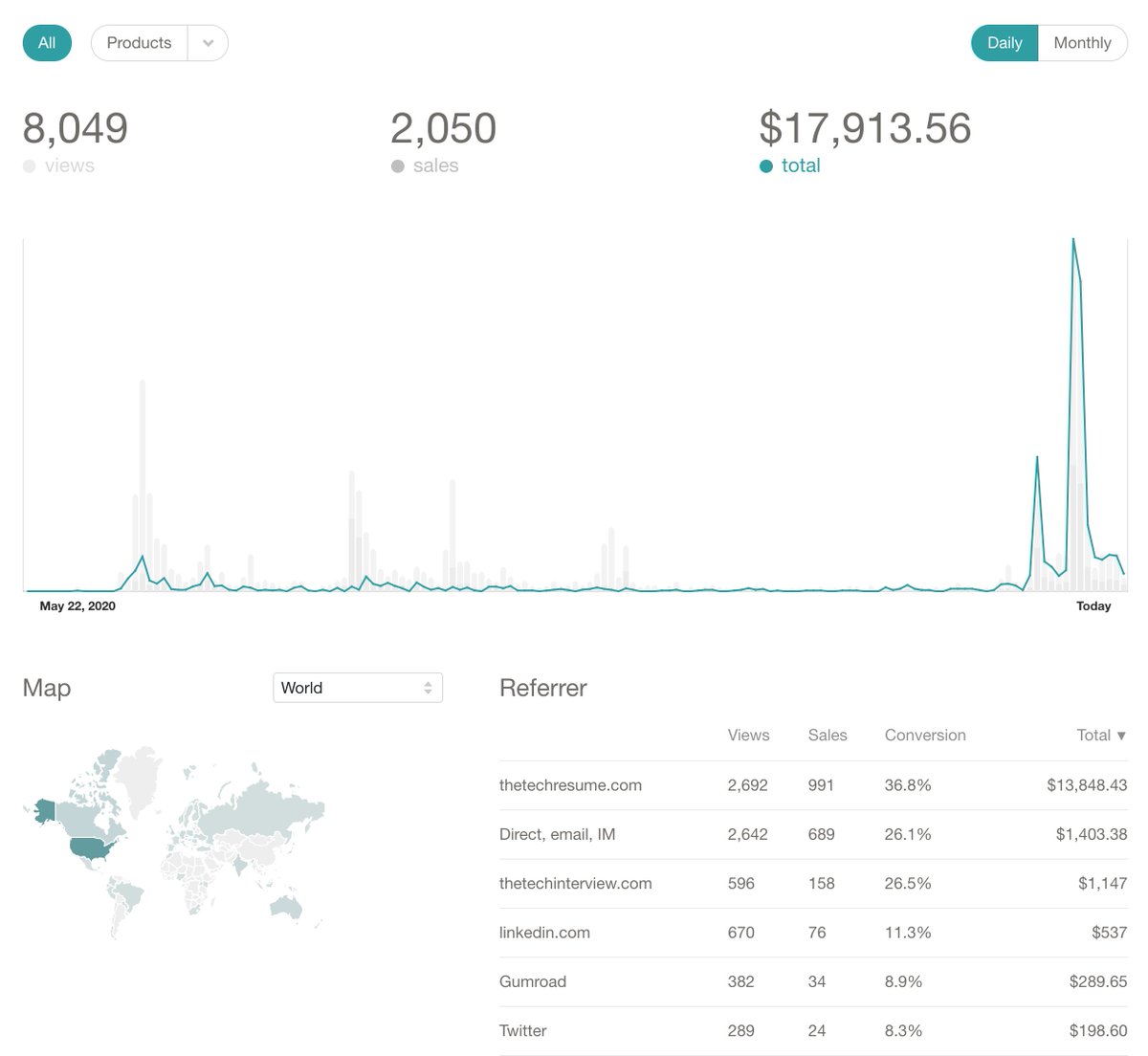
18 things that companies with a good developer culture (mostly) have. A thread.
First, some basics.
1. Psychological safety & a blameless culture. You can be yourself without fear.
2. Fair compensation, roughly on par with the market.
3. Common-sense flexibility w working hours.
First, some basics.
1. Psychological safety & a blameless culture. You can be yourself without fear.
2. Fair compensation, roughly on par with the market.
3. Common-sense flexibility w working hours.
Next: clarity & collaboration
4. Understand the "why" before starting work.
5. A backlog that devs also contribute to.
6. Communicating directly with others, not through e.g. managers
7. Working with other disciplines (e.g. product, UX)
8. Celebrating that people take initiatives
4. Understand the "why" before starting work.
5. A backlog that devs also contribute to.
6. Communicating directly with others, not through e.g. managers
7. Working with other disciplines (e.g. product, UX)
8. Celebrating that people take initiatives
Sustainable engineering culture
9. Functionally complete != production ready
10. Code reviews and testing are part of the everyday dev process.
11. CI and CD. 'nuff said.
12. Healthy oncall. Fixing poor oncall has priority over product work.
13. Internal open source model.
9. Functionally complete != production ready
10. Code reviews and testing are part of the everyday dev process.
11. CI and CD. 'nuff said.
12. Healthy oncall. Fixing poor oncall has priority over product work.
13. Internal open source model.
Career progression
14. Engineering managers are technical.
15. A career ladder for devs, with expectations per level
16. Parallel IC & management tracks, with clarity on how to move between them.
17. A culture of giving & reveing feedback.
18. Professional growth & mentorship
14. Engineering managers are technical.
15. A career ladder for devs, with expectations per level
16. Parallel IC & management tracks, with clarity on how to move between them.
17. A culture of giving & reveing feedback.
18. Professional growth & mentorship
I wrote these up in a longer form here: blog.pragmaticengineer.com/the-developer-…
What else have you seen indicative of good/healthy engineering culture?
What else have you seen indicative of good/healthy engineering culture?

• • •
Missing some Tweet in this thread? You can try to
force a refresh


